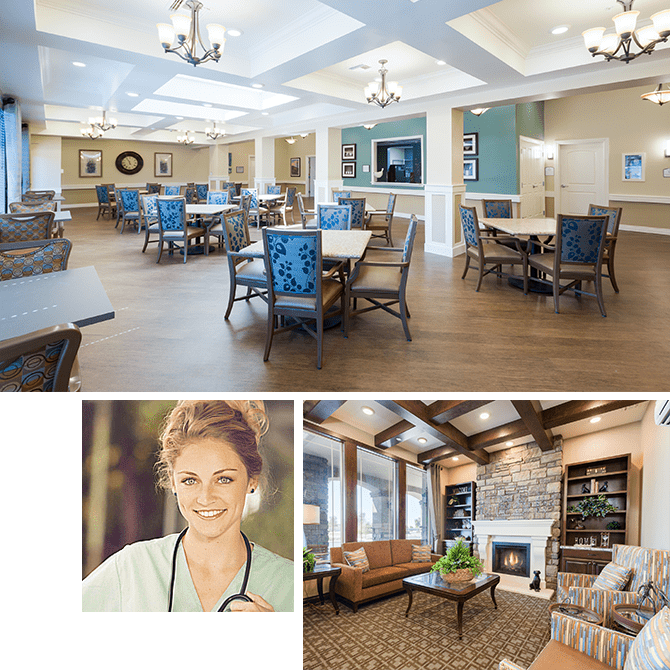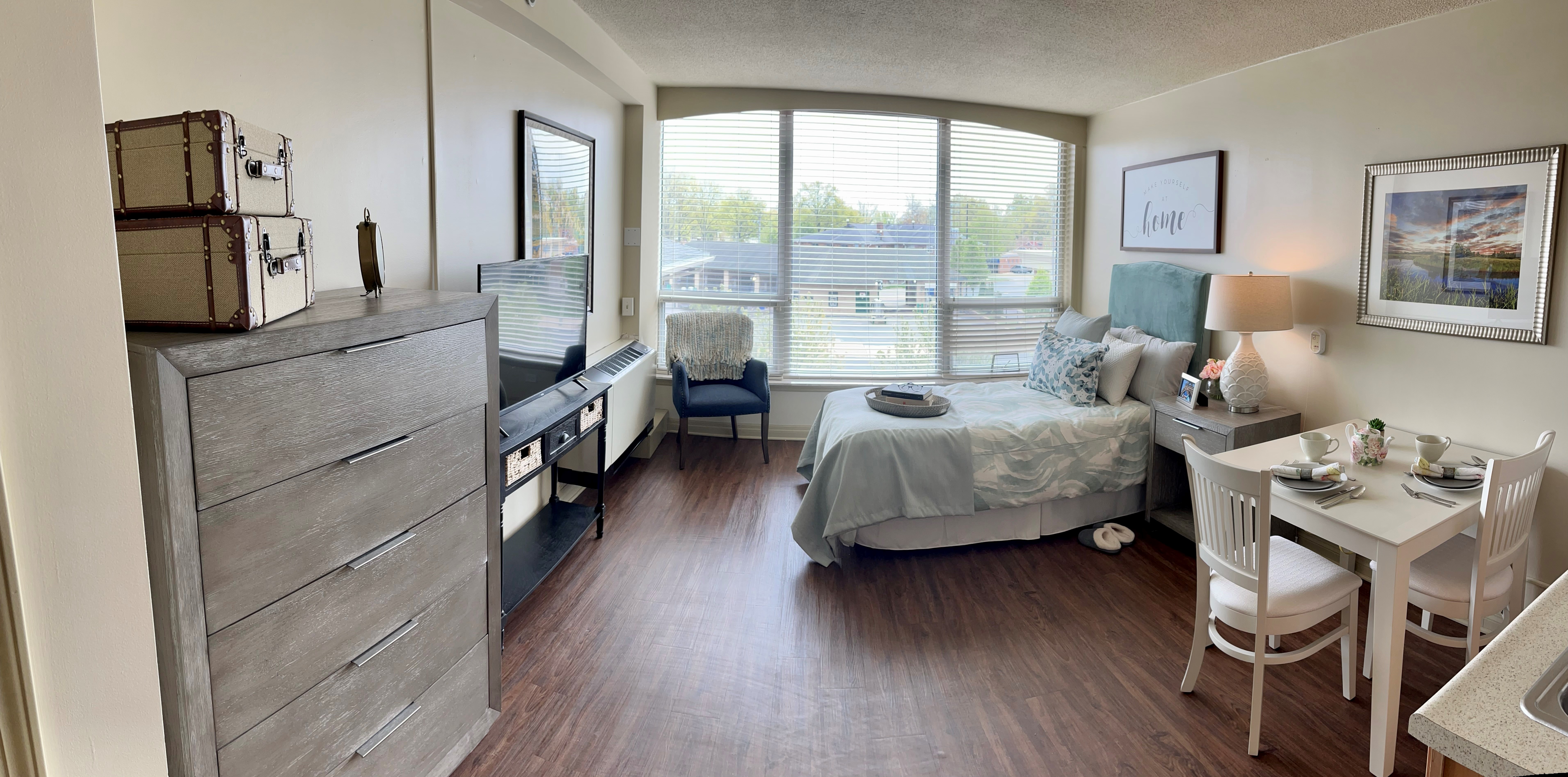Premier Charlotte Memory Care: Enhancing Quality of Life for Seniors
Premier Charlotte Memory Care: Enhancing Quality of Life for Seniors
Blog Article
What to Expect in Memory Treatment: A Detailed Guide to In-Home Services
As families come to terms with the challenges of caring for a person with memory loss, the world of at home services provides a lifeline of support and specialized treatment. Comprehending what to prepare for in memory care is essential for guaranteeing the wellness of both the individual with memory problems and their caretakers.
Daily Routines and tasks
Participating in structured daily tasks and regimens is a fundamental element of providing high quality take care of individuals in memory treatment facilities. These activities are diligently developed to accommodate the specific requirements of residents with cognitive disabilities, such as Alzheimer's condition or mental deterioration. Daily routines play a crucial duty in preserving a sense of familiarity, safety and security, and objective for individuals in memory care.

Furthermore, daily routines help individuals in memory treatment centers to really feel even more oriented and much less nervous. Consistency in tasks and routines can reduce complication and frustration, offering a feeling of stability and convenience. Caretakers and staff members play a crucial function in assisting in these activities, making sure that each resident obtains personalized and caring care tailored to their special preferences and abilities.
Specialized Care Solutions
Within memory treatment centers, specialized treatment solutions are vital to deal with the special requirements and obstacles dealt with by individuals with cognitive problems such as Alzheimer's condition or dementia. These services are created to offer customized support that deals with the specific needs of citizens taking care of memory loss. Specialized treatment services in memory care facilities commonly include personalized treatment plans, assistance with activities of everyday living, medication management, and behavior treatments focused on enhancing top quality of life and minimizing distress.
Additionally, memory treatment centers generally use structured programs and activities especially designed to stimulate cognitive function and promote social involvement amongst residents. These activities might consist of memory-enhancing workouts, sensory stimulation treatments, and reminiscence treatment sessions. Additionally, specialized care solutions commonly involve normal monitoring of homeowners' wellness and well-being by experienced personnel who are geared up to deal with the one-of-a-kind challenges connected with cognitive decline.
Precaution and Atmosphere
Carrying out rigid precaution and developing a protected setting are critical concerns in memory care centers to ensure the wellness and protection of residents with cognitive impairments. Safety and security in memory treatment starts with secure structure design, including locked doors and kept track of entrances to protect against locals from straying outside not being watched. In addition, facilities typically have alarm and surveillance cams to monitor citizens and respond promptly to any kind of emergency situations. Inside, the environment is meticulously planned to reduce dangers, with handrails, order bars, and non-slip floor covering to prevent falls. Furniture is organized to help with easy navigating, and potentially hazardous items are locked away or eliminated. Team member obtain specialized training in handling emergencies, de-escalating difficult habits, and making sure the security of citizens whatsoever times. Regular safety assessments are performed to recognize and resolve any kind of prospective risks immediately. By prioritizing safety measures and preserving a protected environment, memory treatment centers aim to give a safety and encouraging setting for people with cognitive problems.
Interaction and Engagement Methods
With a focus on boosting and promoting purposeful interactions top quality of life, effective communication strategies play an essential duty in sustaining people in memory care facilities. Interaction in memory care involves comprehending the special requirements of locals that may have cognitive problems like mental deterioration.
Involvement approaches are likewise important in memory care, aiding citizens stay energetic, stimulated, and connected to their environments. Tasks like music treatment, art classes, get redirected here memory sessions, and sensory stimulation can trigger memories, boost mood, and advertise socialization. Tailoring tasks to each person's rate of interests and abilities is vital to promoting interaction and a sense of accomplishment. Furthermore, including familiar things, photographs, and songs from the person's past can offer comfort and promote favorable memories. By prioritizing personalized interaction and involvement approaches, memory care centers can enhance the general well-being and lifestyle for their residents.
Caretaker Assistance and Resources
Offered the essential role caretakers play in implementing reliable communication and interaction methods for homeowners in memory care facilities, supplying appropriate support and sources is vital to guarantee the wellness of both the caretakers and the people under their treatment. Caretakers in memory treatment settings often deal with special difficulties that can influence their physical and psychological health. To address these difficulties, various support group and resources are available to assist caretakers in giving the very best possible treatment.
One necessary kind of assistance is caretaker education and training programs. These programs equip caregivers with the necessary abilities official website and knowledge to successfully handle the signs and symptoms and actions related to amnesia. Additionally, support system use caregivers the opportunity to get in touch with others that are experiencing similar difficulties, supplying a sense of area and understanding.

Final Thought

Engaging in structured everyday activities and regimens is a fundamental element of giving high quality care for individuals in memory treatment centers.Within memory care centers, specialized treatment solutions are important to resolve the special our website requirements and difficulties dealt with by people with cognitive disabilities such as Alzheimer's condition or mental deterioration. Specialized care services in memory treatment centers often include customized treatment strategies, aid with activities of daily living, medicine monitoring, and behavior treatments aimed at enhancing high quality of life and lessening distress.
Given the essential duty caregivers play in implementing reliable communication and engagement techniques for citizens in memory care centers, offering sufficient support and sources is important to guarantee the wellness of both the caregivers and the people under their care. Daily activities, specialized treatment solutions, security procedures, interaction methods, and caretaker support are essential components of in-home memory treatment.
Report this page